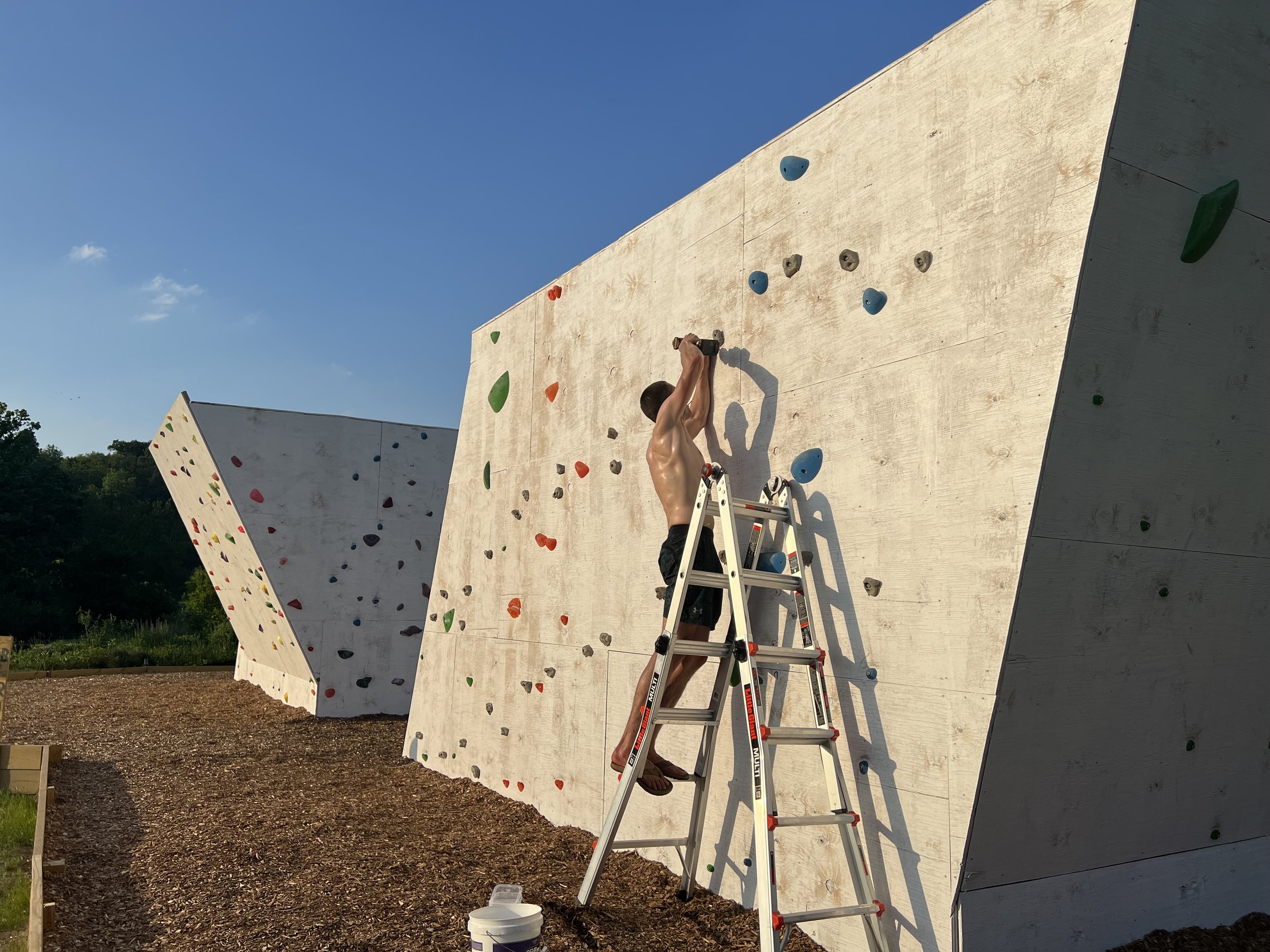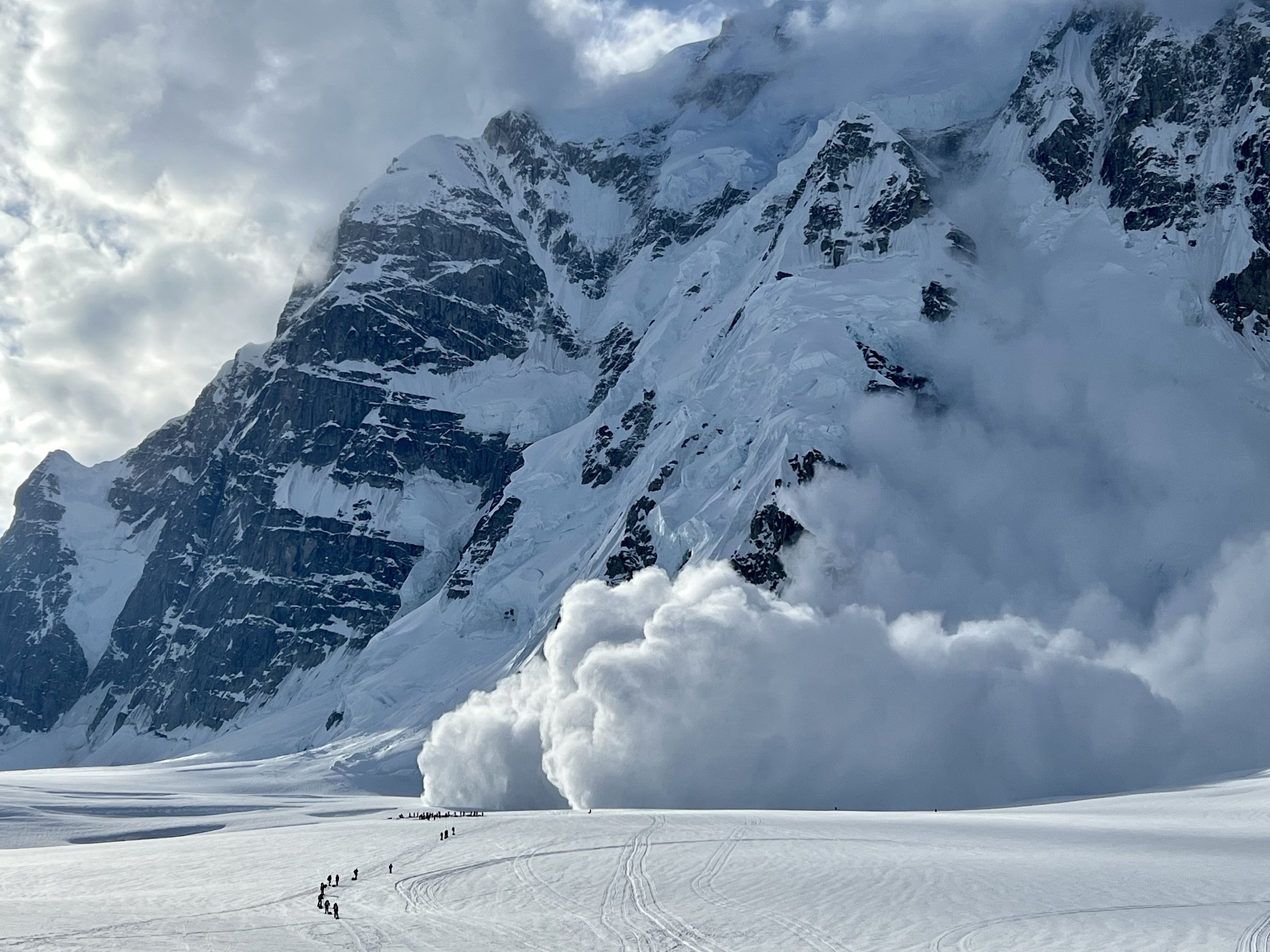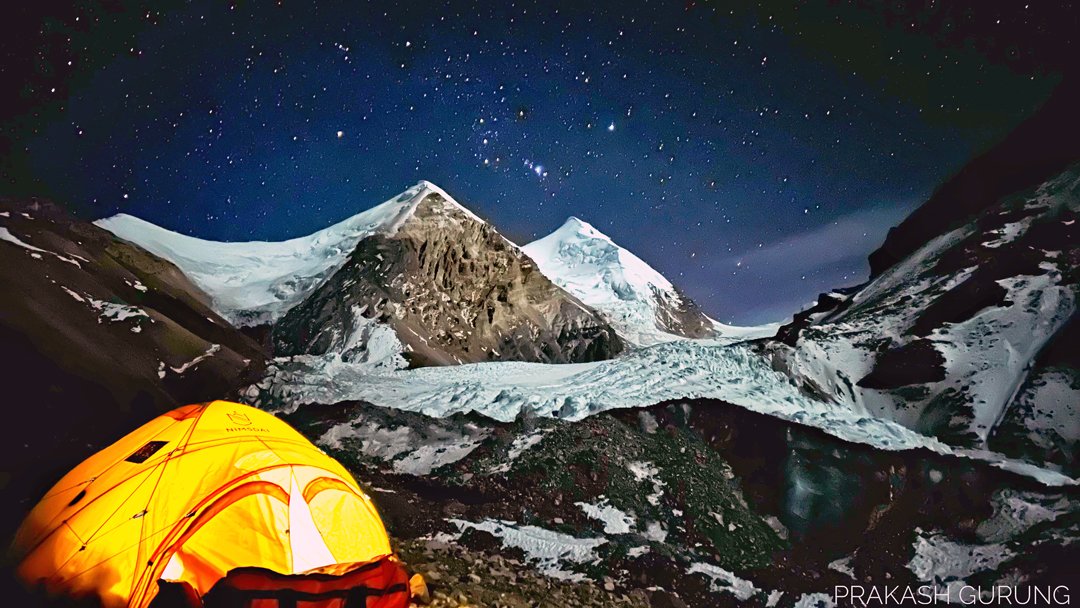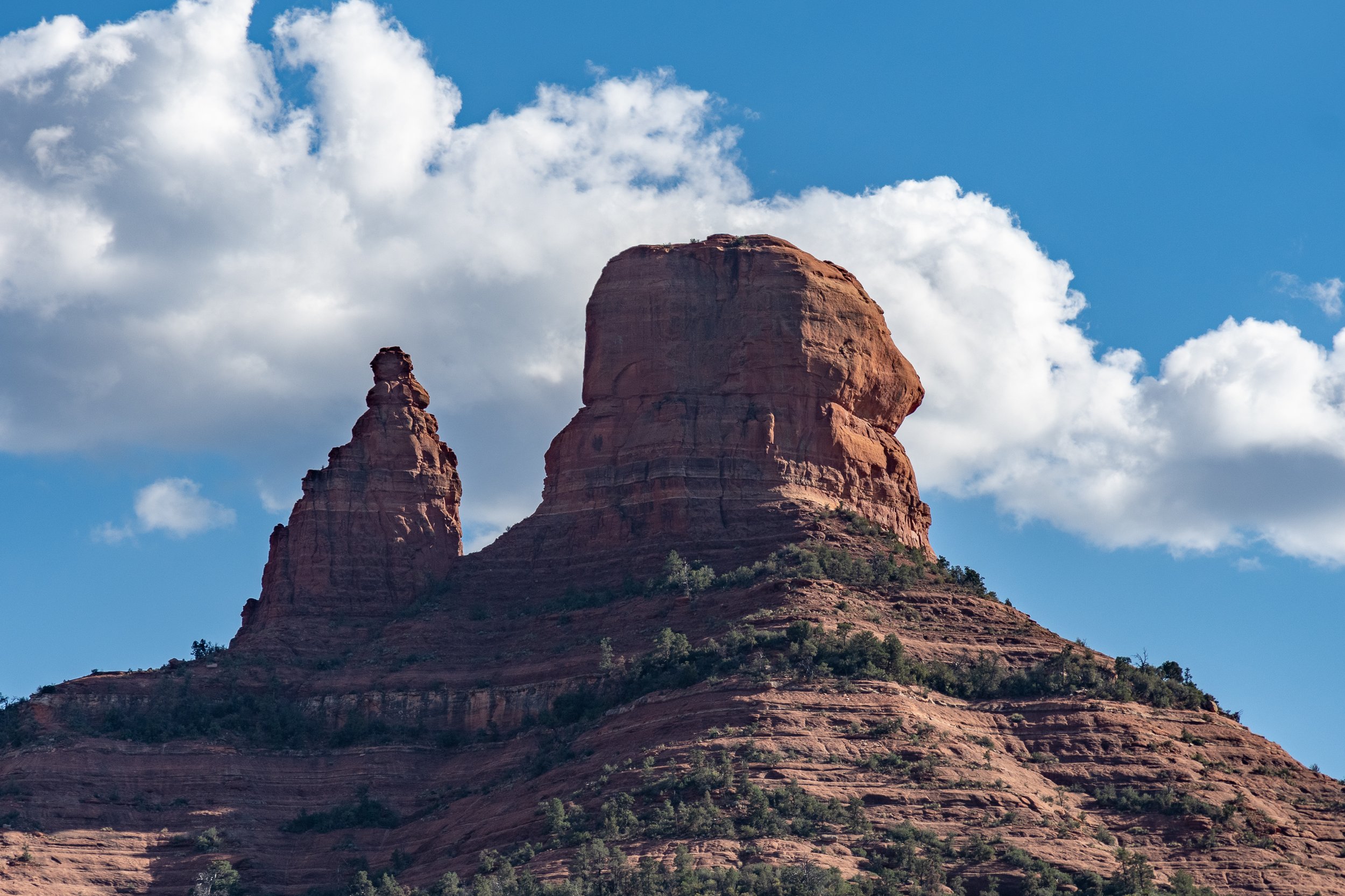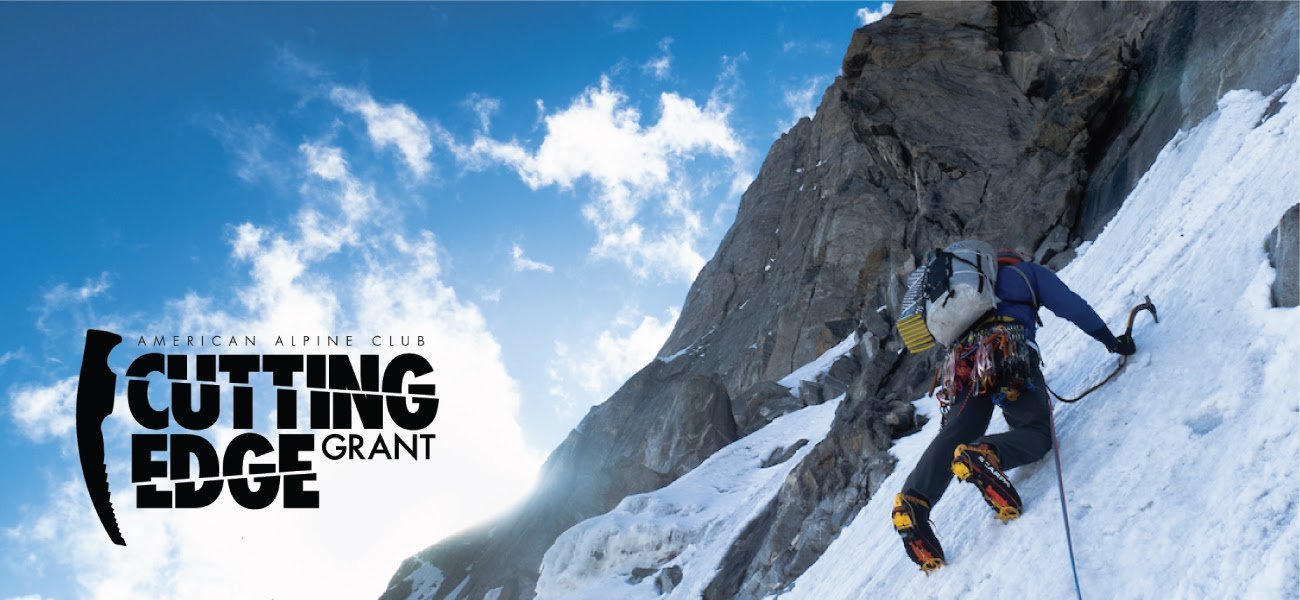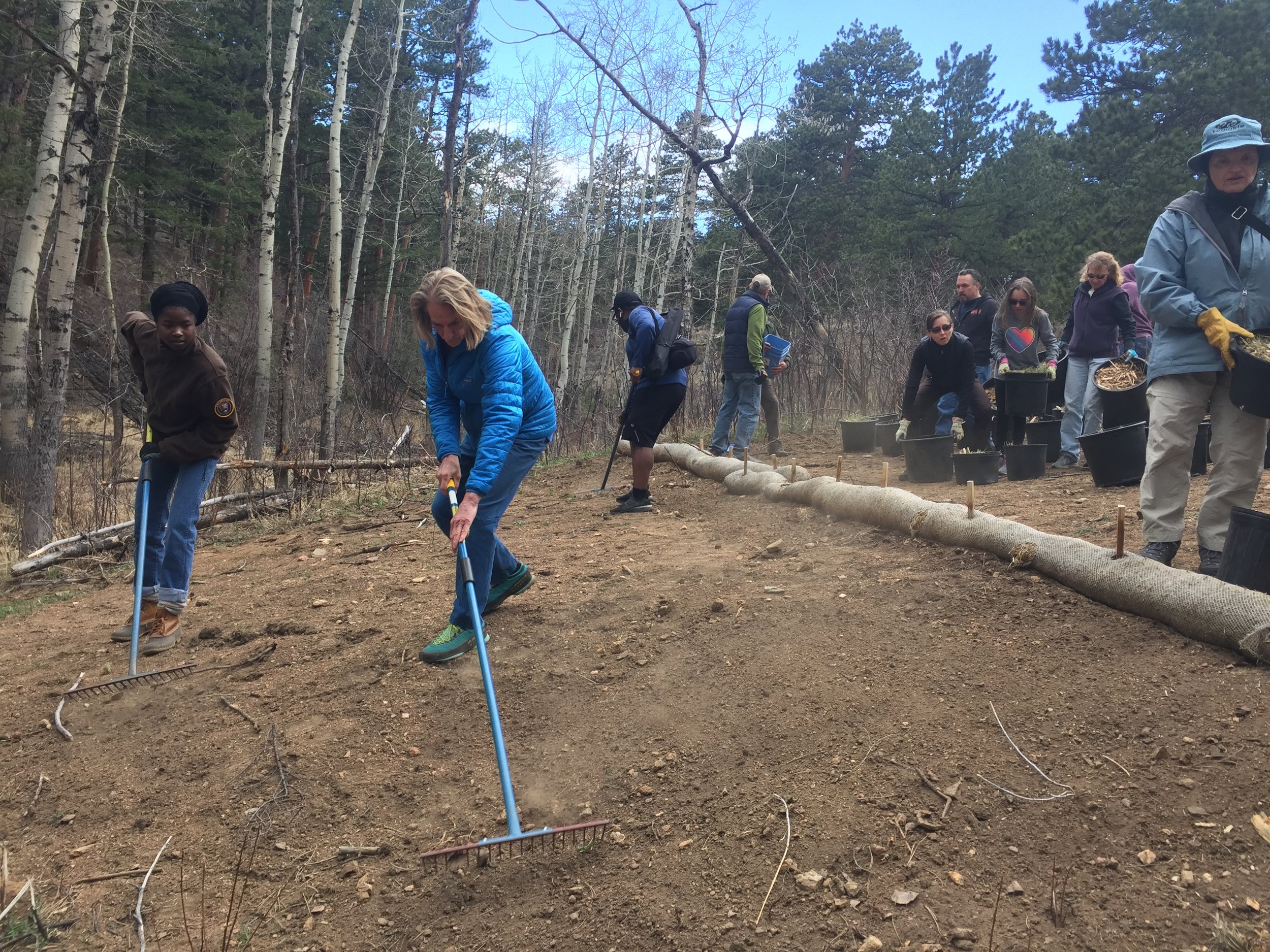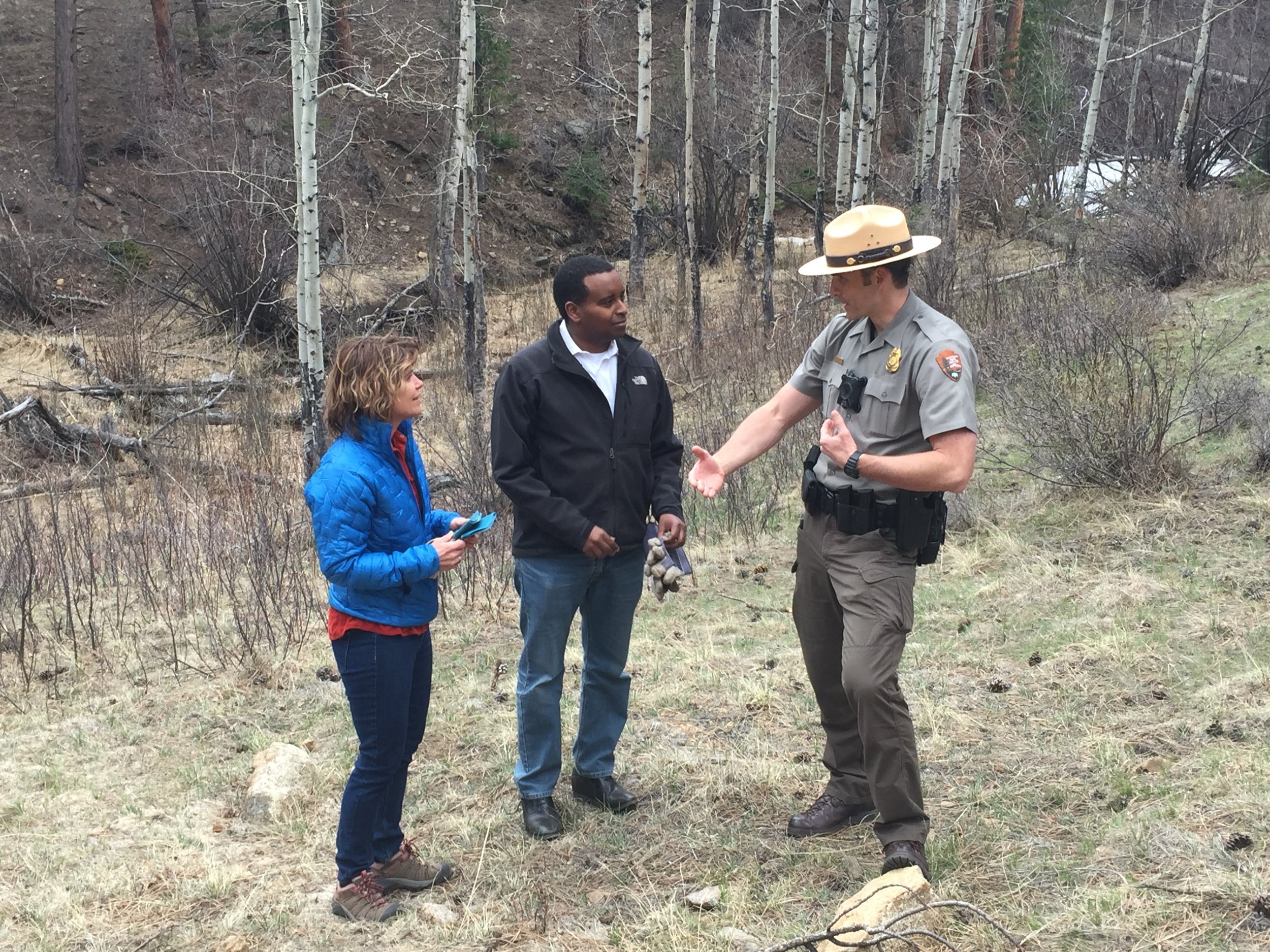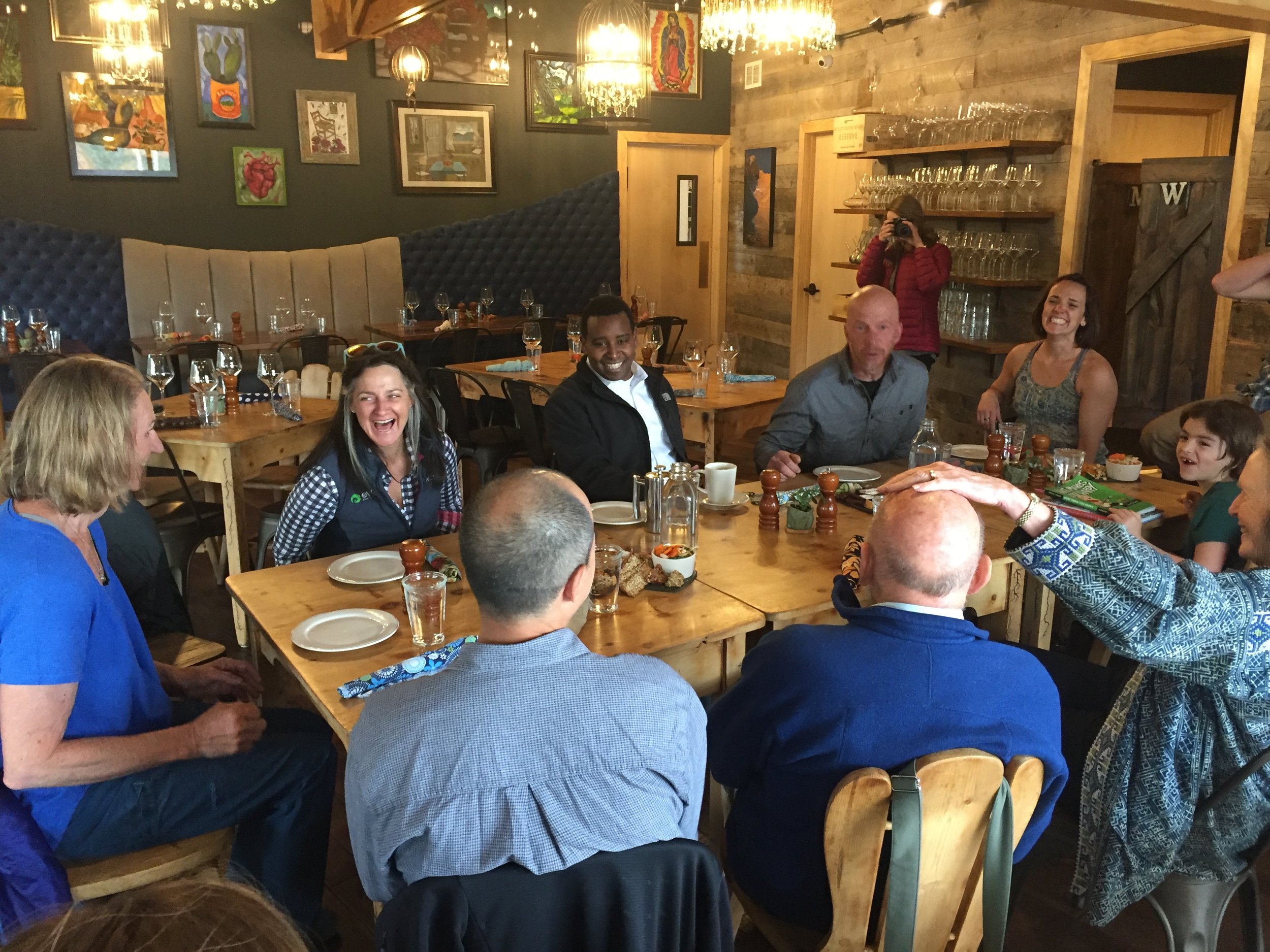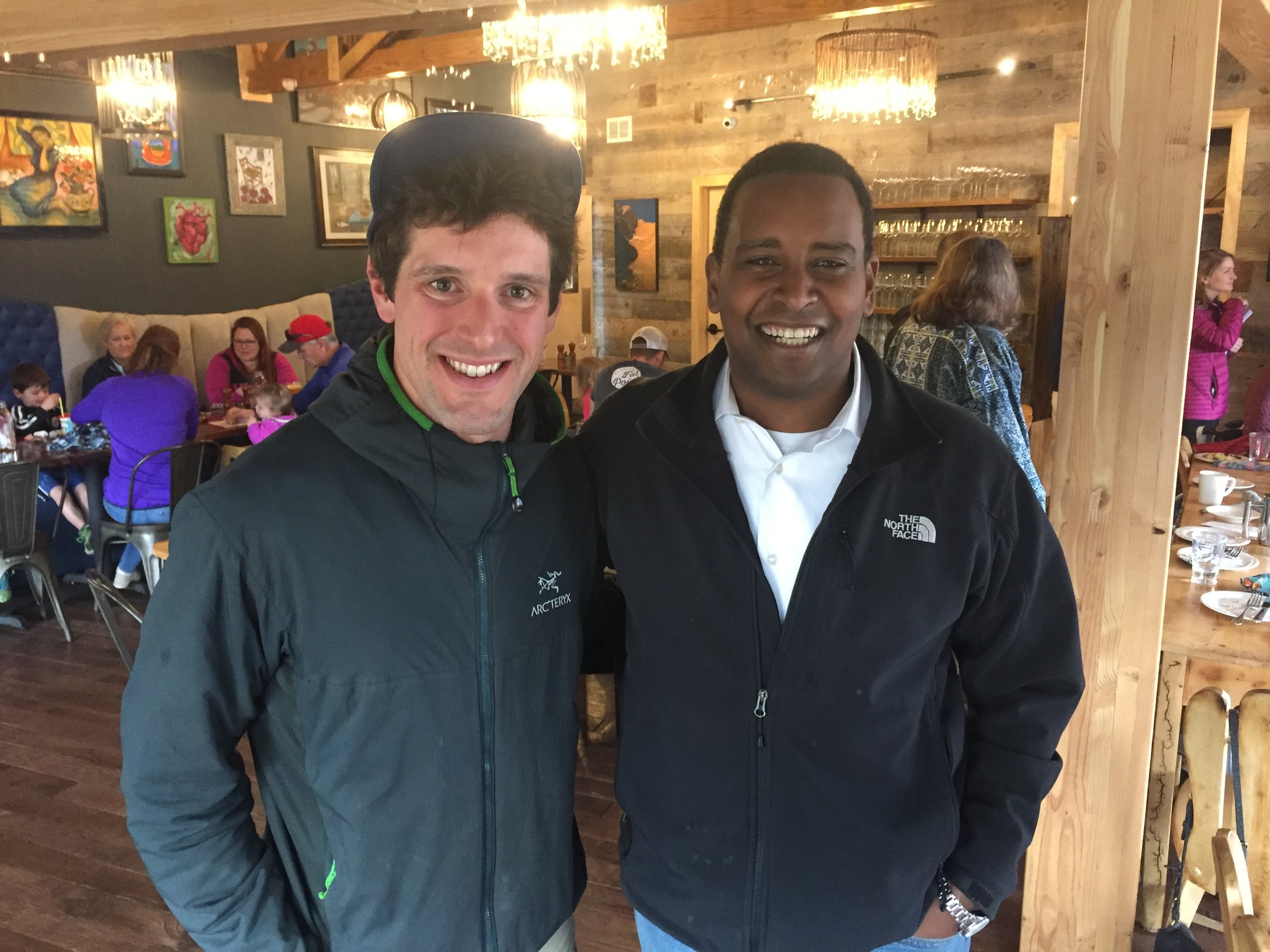The Western Michigan AAC Chapter partners with the Grand Rapids Bouldering Project to build an Outdoor Bouldering wall.
PC: AAC member Charlie Hall
Grassroots: Unearthing the Future of Climbing
By Sierra McGivney
Towering rock climbing cliffs, or even boulders, are hard to come by in Western Michigan. But if you can’t go to the rock, make the rock come to you.
Charlie Hall and Kyle Heys did just that by building an outdoor bouldering wall in Grand Rapids, Michigan. Inspiration came from climbing farther out West and seeing man-made boulders in public parks. Heys had always thought it was funny since these places had real rocks to climb, minutes outside of town.
“We thought, man, this is what we need in the Midwest, where it takes six hours to drive to good rock,” says Heys.
Kyle Heys was introduced to rock climbing in New Mexico in a semester away program through his college; he continued his climbing adventure by exploring Grand Teton National Park that summer with a band of climbers.
Once he returned home to Michigan his climbing lifestyle slowed. He didn’t want to pay for an expensive gym membership. Luckily his neighbor had a climbing wall in his garage, feeding his climbing addiction.
PC: AAC member Charlie Hall
When attending college at Western Michigan University, Charlie Hall saw a class labeled rock climbing and decided to take a chance. The two instructors at the recreation center wall nourished Hall's love for climbing.
“I idolized them a little bit and quickly realized that they were these supernatural beings who could scale a wall.” Says Hall, “I was fascinated by it.”
Everything revolved around climbing after that.
PC: Zane Paksi
Hall and Heys started the Grand Rapids Boulder Project five years ago with hopes of diversifying climbing through accessibility. The bouldering wall eliminates almost all barriers to climbing. Participants don’t have to pay for a membership or a day pass to a gym. The wall is open to all.
Through word of mouth, they hope to get more recognition for the sport in a less outdoor-centric area. Another goal is to facilitate programs for kids who wouldn't normally get access to climbing.
“How do we create something where anybody can get a chance to get an introduction to climbing?” says Heys.
Hall and Heys needed a fiduciary so they got connected with the Western Michigan AAC Chapter. It was synergistic. The Western Michigan AAC Chapter was growing and looking to foster a community around climbing but didn't have a concrete project. Heys and Halls provided just that.
To raise money for plastic holds, the AAC and the Grand Rapids Bouldering Project fundraised through the No Man's Land Film Festival. This doubled as a chance to provide a broader picture of what it means to be an outdoor adventurer to those not within the climbing community. Sponsorships and donations, whether that be time or money, have been the foundation of the Grand Rapids Bouldering Project.
The Grand Rapid City Park funded a majority of the materials to build the project and helped walk the pair through building an outdoor bouldering wall. When building within a city, there are lots of restrictions and requirements that need to be met. Williams Marks, an engineering firm, donated their time to help get the project approved by the city. Private and public partnerships worked together to make this project possible.
The Grand Rapids Bouldering Project took off in the fall of 2021, and building began this spring. Hall, Heys, and their crew of 5-10 volunteers thought their spring days would be idyllic. It has not been above 40 degrees on any of the building days. That hasn’t stopped the excitement.
“It's been a real, old fashion Amish barn raising.” says Heys with a laugh, “People all lifting the walls together. It's been great fun.”
The bouldering wall nods toward old-school climbing gyms made out of plywood and two-by-fours. The structure is meant to be a test site to see if people from all different communities use it. Down the road, the wall could evolve or grow into something bigger, possibly a wall crafted out of fake rock material, tied to the landscape.
PC: Zane Paksi
Two 12-foot-high free-standing structures sit next to each other surrounded by twelve inches of tumbled wood chips waiting to soften climbers' falls.
Overhangs, slabs, and vertical walls are all featured on the bouldering wall. All of the holds will be put on the wall to start out. Problems will be rotated based on consistency and quality of routes. The difficulty will be determined by colors: purple, blue, green, and red. A dedicated crew of local setters will set regularly. They have access to a storage unit on-site at the park. On their website, Grand Rapids Boulder Project has a spreadsheet that they plan on using to communicate what's up on the wall.
PC: AAC member Charlie Hall
Grassroots work has brought this project to life. The soft launch of the Grand Rapids bouldering wall will take place in Mid June once the wall has been painted and holds have been mounted. Hall and Heys will host a grand opening on July 9 with a climbing competition, food, and music.
“We have the ability to network and provide accessible climbing to the community,” says Hall.

